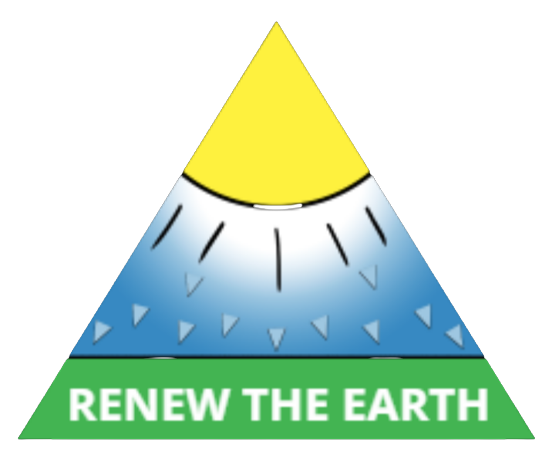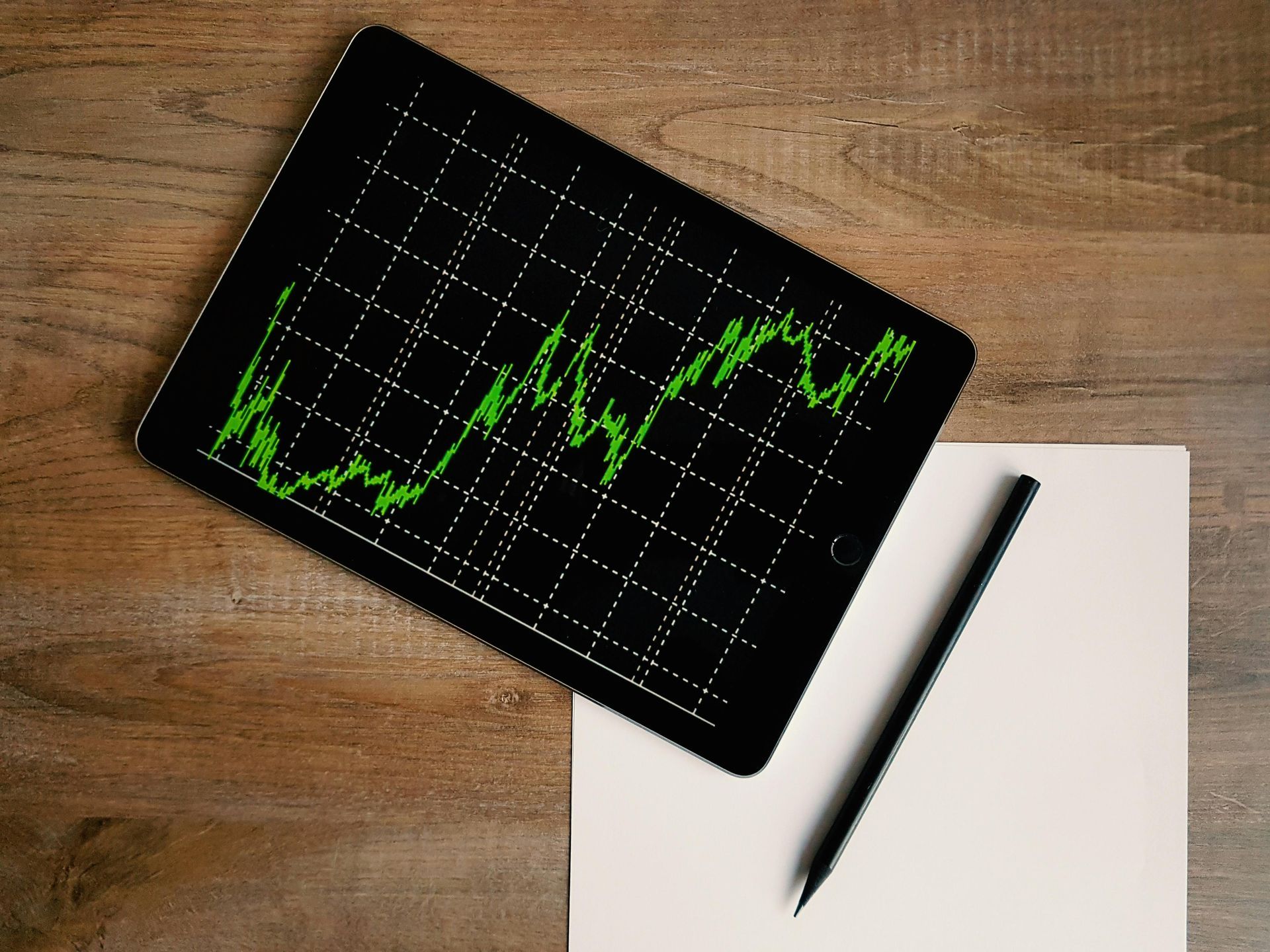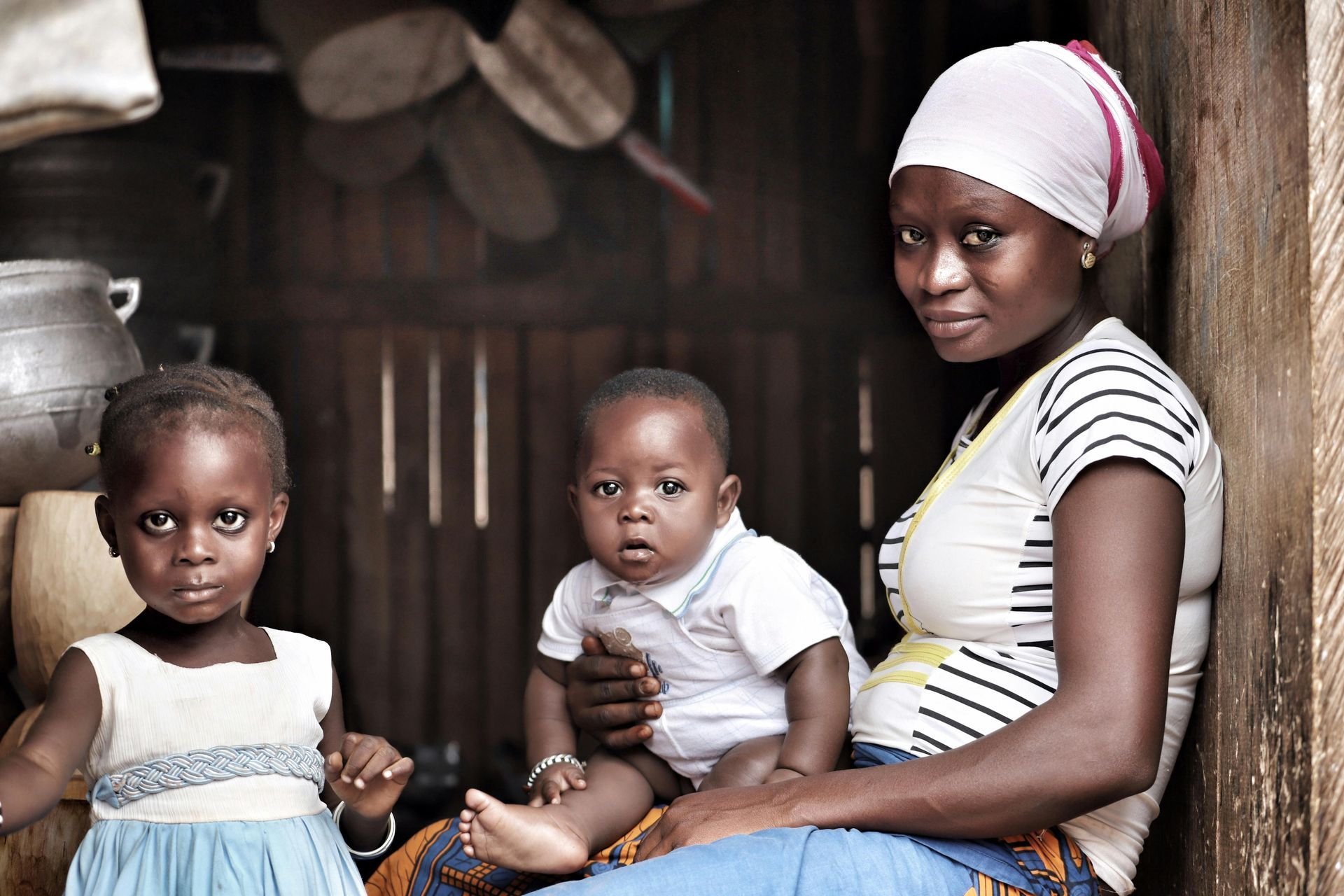The Link Between Capitalism and Climate Change (And a Possible Solution)
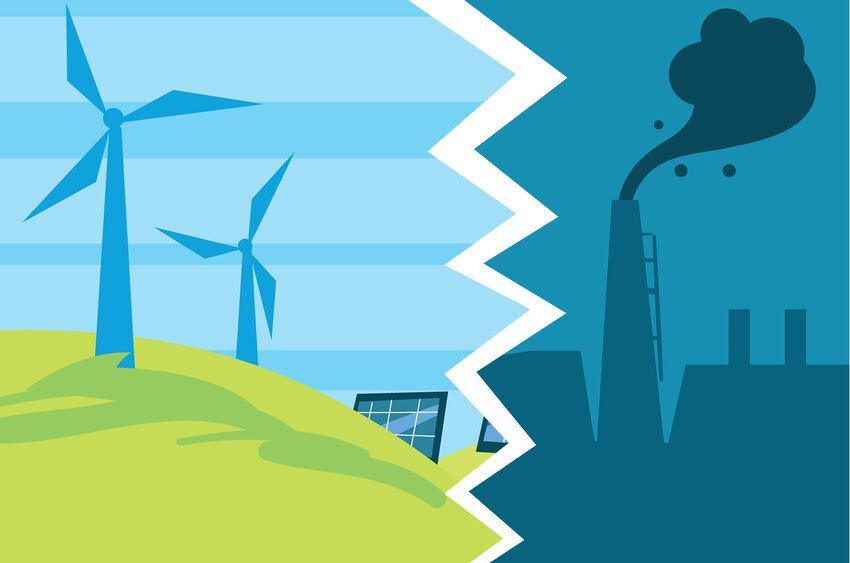
In 2016, leaders from around the world came together to sign the Paris Climate Accords —a declaration to mitigate climate change by limiting global warming to 1.5 degrees Celsius. Five years later, world leaders are once again coming together for the United Nations climate summit COP26 in Glasgow to tackle the challenge of climate change.
However, many believe that these accords and summits will do little until we deal with the underlying problem—Capitalism.
How Capitalism and Climate Change Are Linked
For a long time, consumers and individuals were held responsible for climate change. We drove too much, wasted too much electricity, and bought products that ended up in landfills and oceans. There was truth in this—our individual actions did have an impact on climate change.
Recently, however, people have been reexamining which actors are most responsible for climate change. According to the Carbon Majors Report in 2017 , 100 companies around the world are responsible for 71% of greenhouse gas emissions since 1988. The link between companies and climate change proves that capitalism is a driving force behind the climate crisis.
We already have technological means to decarbonize, solar and wind are just two examples. They are easily accepted into our present grid system and will promote expansion of that grid when demand increases. However, doing so would mean rebuilding the entire electrical grid.
What Can Be Done?
If capitalism is the problem, what can be done about it? Capitalism is so deeply entrenched across the world it would be near impossible to get rid of it completely and this is not necessary. There is a way to alter our for-profit economy; with a parallel currency system , Energy Currency (in fact, Lincoln used “emergency currency,” the greenback dollar for the Civil War). Energy Currency economics places value on elements needed for human survival, such as food security, shelter, education, healthcare, and more. This incentivizes countries to improve efficiency of production and distribution of basic needs, which will also take stress off of Nature and initiate climate recovery. Energy Currency can thus provide basic needs worldwide without having to upend our entire economic framework and help Nature help life.
Renew the Earth is 501c3 organization committed to improving our world through the implementation of Energy Currency. To support our cause, donate today or contact us for more information!

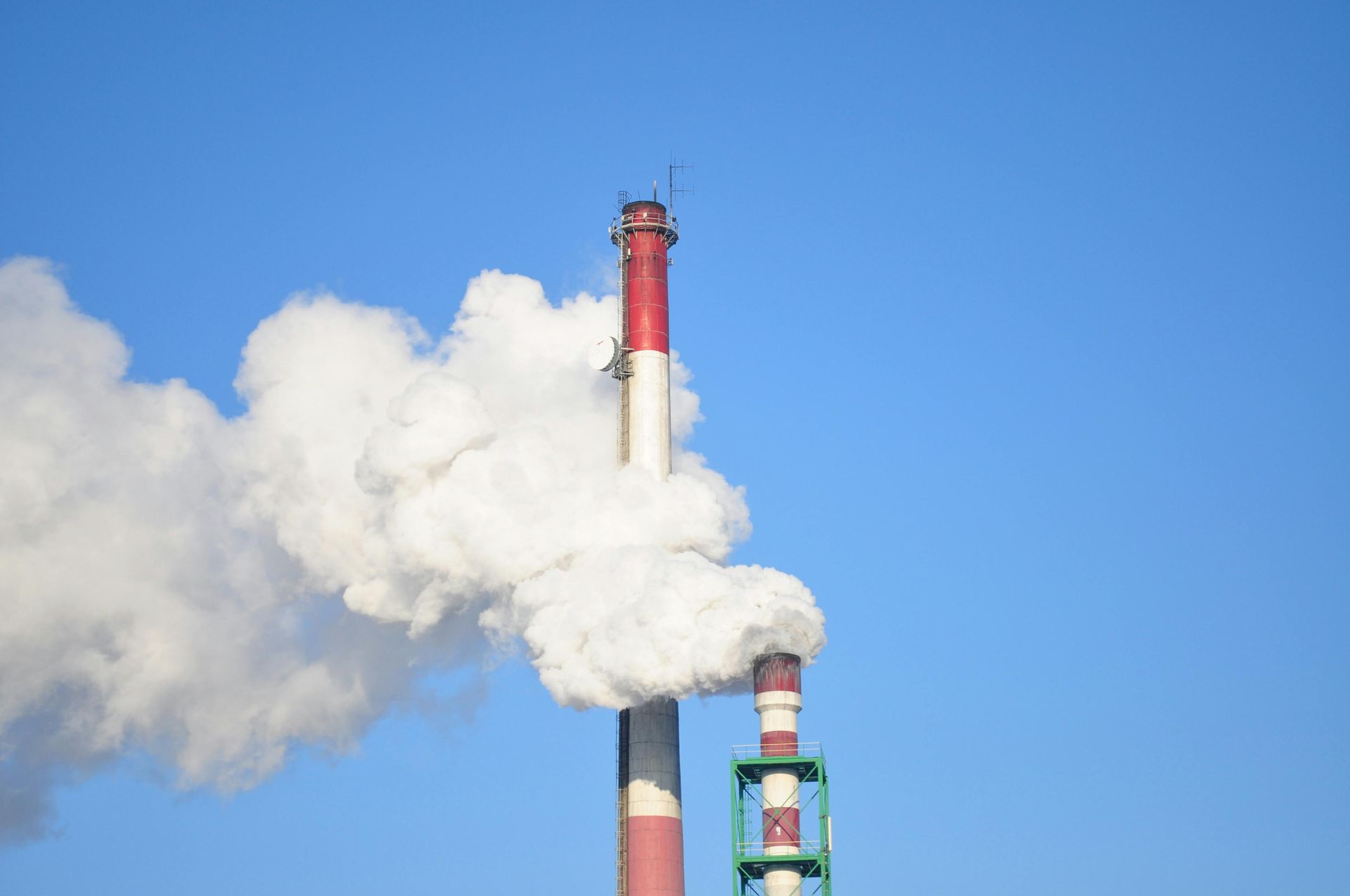
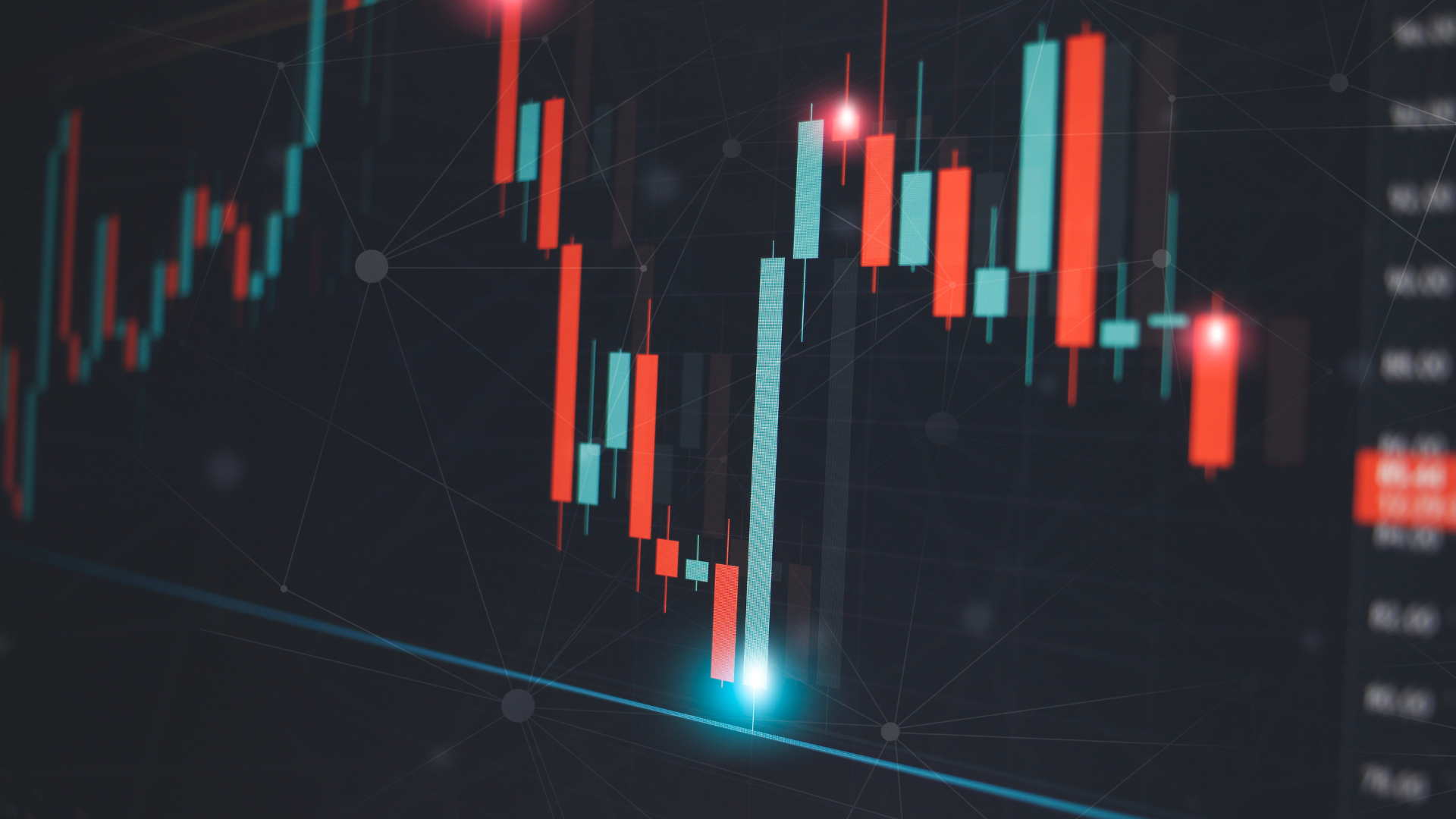

Contact Information
All Rights Reserved | Renew The Earth
